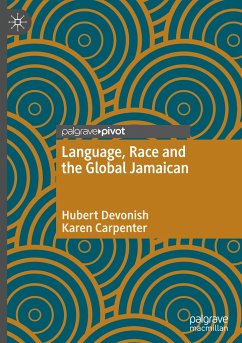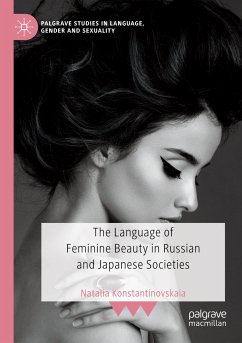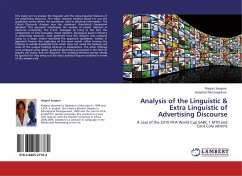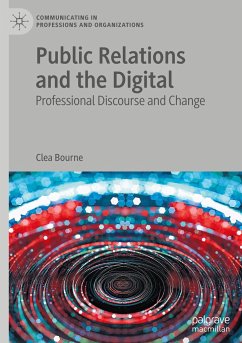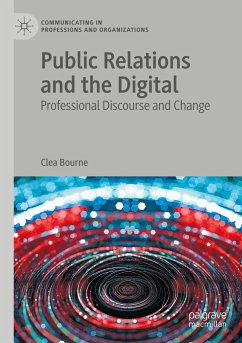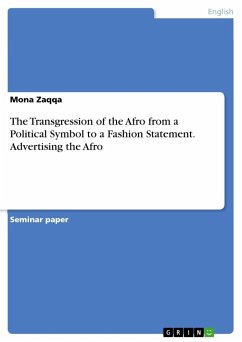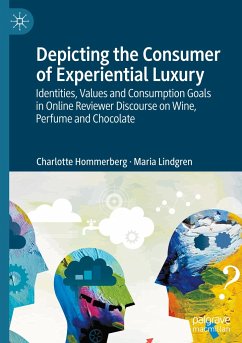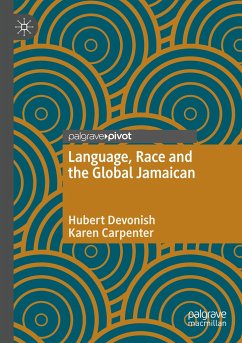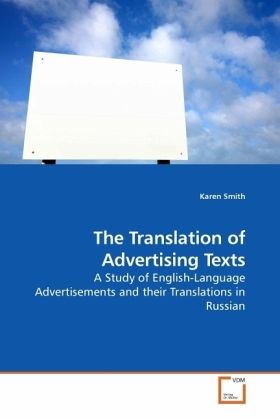
The Translation of Advertising Texts
A Study of English-Language Advertisements and their Translations in Russian
Versandkostenfrei!
Versandfertig in 6-10 Tagen
52,99 €
inkl. MwSt.

PAYBACK Punkte
26 °P sammeln!
Since the end of Communism, Western adverts have flooded the Russian market. These have been translated, with strategies ranging from complete transference to the creation of new texts. The translation strategy depends on the power balance between translators, advertisers, text receivers, and the cultural, historical and economic situation in which the translation takes place. In this work, a postcolonial framework is used to understand changes in translation strategy in Russia, emphasize the role of power differentials, and make predictions for future practice. Data comprise: a parallel corpu...
Since the end of Communism, Western adverts have flooded the Russian market. These have been translated, with strategies ranging from complete transference to the creation of new texts. The translation strategy depends on the power balance between translators, advertisers, text receivers, and the cultural, historical and economic situation in which the translation takes place. In this work, a postcolonial framework is used to understand changes in translation strategy in Russia, emphasize the role of power differentials, and make predictions for future practice. Data comprise: a parallel corpus of English adverts, their translated Russian pairs, and a control corpus of native Russian adverts, collected during a critical transitional period (1997-2001). A detailed taxonomy of rhetorical figures is offered to aid investigation and highlight rhetorical trends. Loanwords and meanings, calques and word formation are examined. Finally, power relations between companies, customers and intermediaries are discussed. This work will interest students, academics and practitioners working in the areas of: translation studies, applied linguistics, advertising, Russian and cultural studies.




